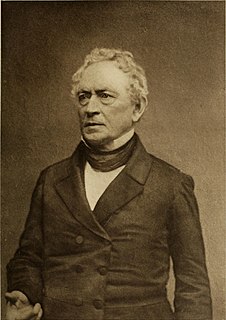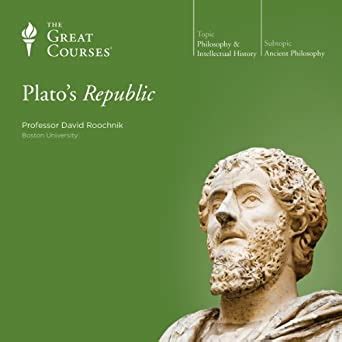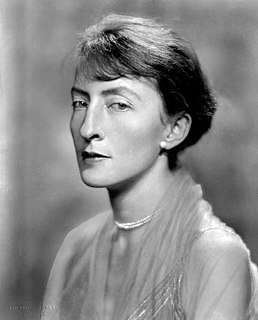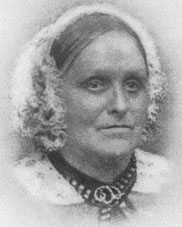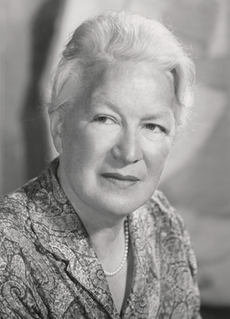A Quote by Edward Everett
An earthly immortality belongs to a great and good character. History embalms it; it lives in its moral influence, in its authority, in its example, in the memory of the words and deeds in which it was manifested; and as every age adds to the illustrations of its efficacy, it may chance to be the best understood by a remote posterity.
Related Quotes
When women hear those words, an old, old memory is stirred and brought back to life. The memory is of our absolute, undeniable, and irrevocable kinship with the wild feminine, a relationship which may have become ghostly from neglect, buried by over-domestication, outlawed by the surrounding culture, or no longer understood anymore. We may have forgotten her names, we may not answer when she calls ours, but in our bones we know her, we yearn toward her, we know she belongs to us and we to her.
Every temptation that is resisted, every evil thought that is curbed, every desire that is subdued, every bitter word that is withheld, every noble aspiration that is encouraged, every sublime thought that is cultivated, adds to the development of will-force, good character, and attainment of eternal bliss and immortality.
Many are the lives of men unwritten, which have nevertheless as powerfully influenced civilization and progress as the more fortunate Great whose names are recorded in biography. Even the humblest person, who sets before his fellows an example of industry, sobriety, and upright honesty of purpose in life, has a present as well as a future influence upon the well-being of his country; for his life and character pass unconsciously into the lives of others, and propagate good example for all time to come.
Our words, like our deeds, should be filled with faith and hope and charity, the three great Christian imperatives so desperately needed in the world today. With such words, spoken under the influence of the Spirit, tears can be dried, hearts can be healed, lives can be elevated, hope can return, confidence can prevail. ... May we all rejoice in the thought that when we say edifying, encouraging things unto the least of these, our brethren and sisters and little ones, we say it unto God.
Great nations write their autobiographies in three manuscripts the book of their deeds, the book of their words, and the book of their art. Not one of these books can be understood unless we read the two others; but of the three, the only quite trustworthy one is the last. The acts of a nation may be triumphant by its good fortune; and its words mighty by the genius of a few of its children: but its art, only by the general gifts and common sympathies of the race.
What a wonderful faculty is memory! -- the most mysterious and inexplicable in the great riddle of life; that plastic tablet on which the Almighty registers with unerring fidelity the records of being, making it the depository of all our words, thoughts and deeds -- this faithful witness against us for good or evil.
Those who have read history with discrimination know the fallacy of those panegyrics and invectives which represent individuals as effecting great moral and intellectual revolutions, subverting established systems, and imprinting a new character on their age. The difference between one man and another is by no means so great as the superstitious crowd suppose.
So much does the moral health depend upon the moral atmosphere that is breathed, and so great is the influence daily exercised by parents over their children by living a life before their eyes, that perhaps the best system of parental instruction might be summed up in these two words: 'Improve thyself.'
You must learn to look at people who are angry with you straight in the eye without getting angry back. When children see their parents treating them this way, they then recognize the parents' authority. It speaks louder than words. Their new respect for the parents is as good for them as it is for the parents. It never works to demand respect of children. It must be given willingly as a result of strength of good character in the parents, which is manifested by their non-reaction to stress in the children.
